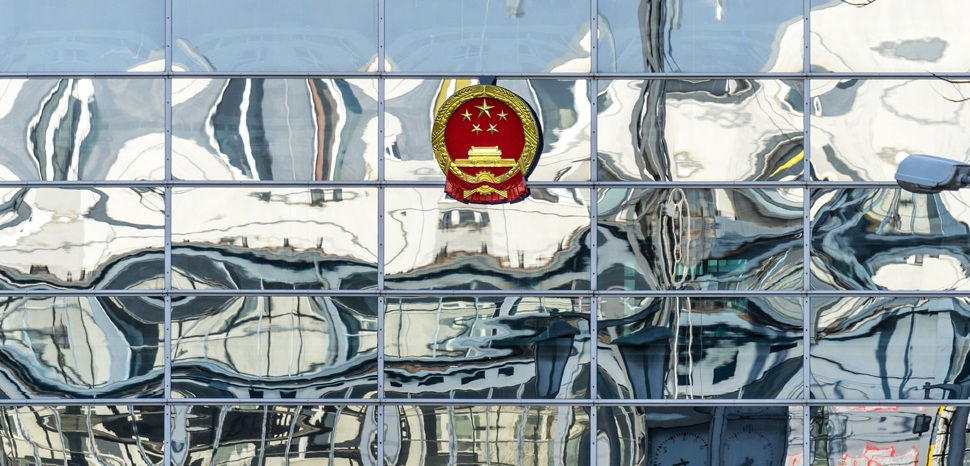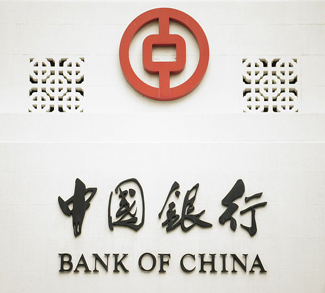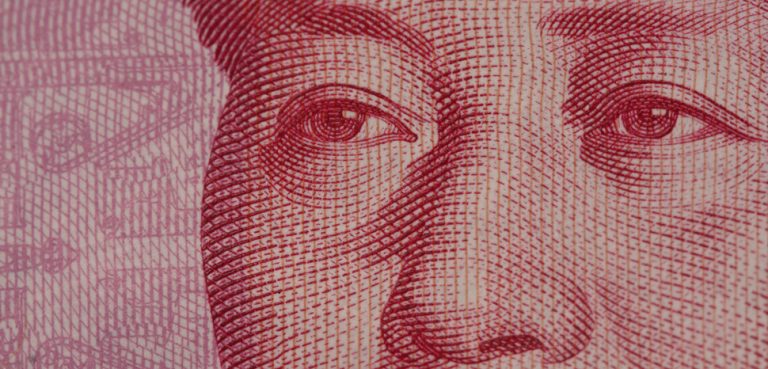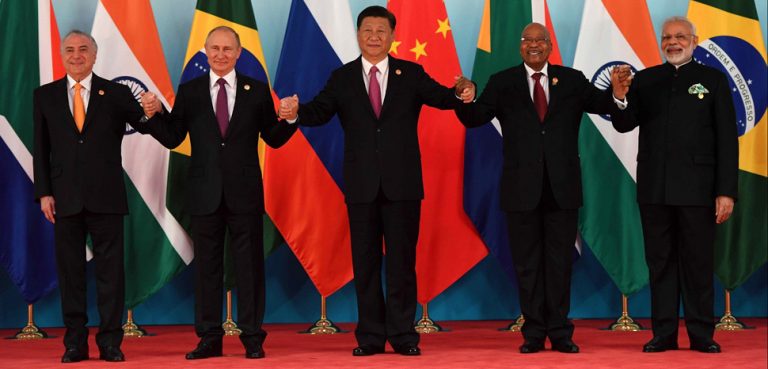Realism as a theory of international relations has been useful in theorizing the political behavior of many countries at the international level. The traditional or the neorealist conception of realism is focused on a militarist conception of security. Therefore, states behave in different ways on the basis of how they perceive what security means to them. Security is therefore based on national interest. Therefore, the conception of security here is ‘narrow’ and states work towards ensuring that such a conception of security is not only left uncompromised, but advantages are also secured. The liberal world order depicts that the mode of ‘economy’ is a means through which interdependence and the diffusion of realist tensions can take place. This makes states move towards a common policy, and this ‘web of interdependence’ disables the direction of states making relative gains on the security front. The mode of economy then has a positive effect on parties involved, guaranteeing at least some benefits to all those involved.
Why then is the Chinese mode of economic interaction, ‘realist’? Though the acceptance of globalization as an ‘objective requirement’ led to the integration of the Chinese economy with the world, it also led to the development of the ‘Made in China’ phenomenon. With the presence of a world dominant manufacturing sector, China’s rise can be attributed to the moving up in the value chain and an established dependency between other states and China. This ability to dominate economically means that China is actually transcending from that acceptance of liberal world order and creation of what Hu Jintao called as hexie shehui or the ‘harmonious society’, to one where it is shaping norms that would lead to fulfilling national interest. As stated by Ng Eng Hen, the Singaporean defence minister, China has been an important part of the Asian growth story in the current times and this actually makes China prone to “set norms and rules for the global system.”
Be it the Chinese emphasis upon the One China Policy, or other issues related to its sovereignty, or censorship of incidents like Tiananmen Square, the Chinese leadership has brought about its stance toward domestic issues with clarity. This also leads to the reshaping of liberal norms wherein countries have no option of opposing the Chinese stance because of the economic ties they have with China. Elisabeth Braw highlights that when favorable investments tied to the Chinese state clash with the beliefs of a liberal nation-state, the decline of such an offer based on ‘patriotic duty’ is ‘unlikely.’ China in such a way shapes the norms of a world order and this is being characterized by ‘sharp power.’ Therefore, as stated by Nana de Graff et al, “interdependence and the potential for cooperation does not necessarily implicate co-optation.” Contestations over the conditions of interdependence may take place. This reshaping of norms indicates the presence of economic realism in Chinese foreign policy as these are norms which fulfil Chinese national interest based on coercive or sharp power.
China’s Economic Realism and the EU
The European Union (EU) is a case in point. The intermeshing of economies between China and the EU has depicted a case for ‘economic’ realism. Economic ties, which have been the primary determinant behind the flourishing of China-EU relations, have also led to asymmetrical interdependence. The growing trade deficit between EU and China in favor of the latter has become a major cause of concern for the EU nations. The problem of the trade deficit between the two, combined with China’s efforts to side-line the multilateral framework of the EU in favor of building individual partnerships with the member-states, has shattered the disillusions of various European leaders. Beijing’s increase in diplomatic overtures toward sub-regional groupings like the 16+1 framework within the EU has also reinvigorated the existing fault-lines in the European continent.
The internal security challenges that the EU has been grappling with in the past decade have not just eroded its capability to influence matters in the global arena, but also made apparent the political discord within the Union itself. The withdrawal of the United Kingdom (UK) from the EU, the migration crisis, an assertive Russia and the continuing economic implications of the sovereign debt crisis have made the EU more vulnerable to China’s practice of economic realism. Earlier, there was a belief in Chinese policymaking circles that the assertive normative policy followed by the EU was backed by its economic strength; but that perception saw a marked change following the sovereign debt crisis.
It is also essential to note that the EU is a bloc comprising 27 member-states who have different security perceptions of China, and this has resulted in the lack of a coordinated or uniform strategy with respect to China. The younger member-states are eager to utilize investments from Chinese firms, and this is best exemplified by the Central and East European countries which are using these investments to stabilize their economies. As these countries become more and more dependent on China, they are becoming more reluctant to take up stances that can hamper their economic ties with the Asian giant. The developed member-states are warier of Chinese economic investments and are also apprehensive about the Belt and Road Initiative (BRI) project pursued by Beijing. The BRI project has particularly highlighted the divisions and tensions existing inside the EU, with the Balkan countries along with Italy, Greece and Hungary in favor of the project and reactions from others ranging from ambivalence to total opposition. For instance, France has been especially prominent in expressing its displeasure about the increased footprints of the Chinese economy in the European continent. Such fears regarding the impact of Chinese economic realism on EU solidarity have been gaining a foothold in recent years.
Even before the pandemic, there was a push towards a more multifaceted and pragmatic approach as a result of these fears. The EU had earlier sought to adopt a more normatively flexible policy, which allowed the EU to prioritize engagements with China on issues that can build convergences between the two in the long-term. This normatively flexible policy was adopted because the EU had come to realize that it needs to pick and choose its battles with China, whose negotiating power has increased manifold since the start of their relationship. This pragmatic engagement followed by the EU has not tempered China’s aggressive stance. China’s unwillingness to deliver on promises of market reform, accompanied by the security issues relating to Chinese investments and infrastructure projects in the European continent, has resulted in the conceptualization of a more assertive policy on the part of the EU.
As part of the EU’s more assertive stance, China was labeled as a ‘systemic rival’ in a March 2019 report of the European Commission, and efforts are being made to rebalance the EU’s position vis-a-vis China in order to re-emphasize the importance of a multipolar world order operating on the basis of liberal values. Yet there is a growing awareness that the EU needs to recalibrate its approach toward China, as the US is no longer playing the role of the guarantor of the international world order. Thus, a more assertive policy vis-a-vis China was envisaged to make China understand that it cannot take the world’s largest trading bloc so lightly.
The Effects of Economic Realism in the Post-COVID 19 World
This relationship between the EU and China has become inherently more complex in light of the COVID-19 pandemic. China has strived to take advantage of the lack of coordination between the member-states in the initial days of the pandemic. An exceedingly rare, blunt statement with reference to the disinformation warfare carried out by China was issued by EU High Representative of Foreign Affairs and Security Policy, Josef Borrell who warned against the geopolitical element involved in the ‘politics of generosity.’ These widening trust deficits amidst ‘health silk road’ propaganda did not see the level of opposition that manifested in the United States, but they surely did not go ‘unnoticed.’ Faulty medical equipment, either defective or showing incorrect test results, has reduced perceptions of the reliability of such Chinese exports in the EU. Spain, Czech Republic, and the Netherlands would end up returning their medical equipment. EU opposition toward information warfare and propaganda, like that of the Global Times insinuating the origins of the virus was Italy, was in line with its normative priority of maintaining a transparent liberal world order.
The pandemic has led to greater polarization of perceptions with respect to China and negative perceptions have become deeply entrenched in certain member-states as a result of the confusion caused by Chinese misinformation campaigns. However, the post pandemic relationship will still be fraught with instances of economic realism. The EU’s normative opposition to China’s autocratic ways has not translated into a policy of hardline opposition like that of the United States. This indicates that the EU’s normative stance toward liberal principles is weak as compared to China’s stance on autocracy, embedded in cultural determinism, which produces an uncompromising view of national interest, steered through coercive economic diplomacy. This can be seen in the EU’s labeling of China, not as a ‘strategic,’ but a ‘systemic’ rival. In spite of officially following a more assertive policy with its systemic rival, EU leaders have stated that they would continue their dialogues with China as the relationship was of strategic importance. This emphasis on cooperation and partnership with China along with vigorous competition and criticism still favors Chinese economic realism, highlighting the inability of the EU to antagonize China.
While the EU may view the policies of Beijing with suspicion, existing economic ties cannot be snapped though they may be diluted. However, the dilution still gives China enough power to remain as a stakeholder in the EU. For example, the 5G technology opposed by the United States of America (US) because of the lack of already existing systems is more viable than the EU’s carriers, dominated by Huawei 3G and 4G systems, which already provide quality connectivity and livelihood to citizens. The EU tried to devise a common policy concerning the 5G network, but the matter is largely left to the national governments to deal with. Chinese investment can further help reconstruct EU economies, especially in the wake of Brexit, which leaves the EU with no better alternative than China in order to reduce the economic hit.
The exercise of Chinese sharp power in this region is not new. Berlin drew attention to the issue in December, when it accused Chinese intelligence of targeting over 10,000 politicians, officials, and other influential individuals through falsified social media accounts, ostensibly for covert influencing purposes as well as espionage, judging from the nature of the resulting relationships. The French President, Emanuel Macron has also addressed the issues of sharp power. In addition, China’s sharp power remains strong even post pandemic in the context of the EU’s inability to sever its economic ties with the former. This is evident in the context of the EU’s dilution of its report on COVID-19 disinformation, which came after the Chinese leadership made attempts to block mention of China’s attempts to hide the origins of the coronavirus and its making false allegations of racism against French politicians. Further, the dilution of the power perception of the US and the trust that Central and East European countries have in China as the ‘only country that can help’ has shown the reinforcement of economic realism.
To conclude, the prism of economic realism can be used to analyze China-EU relations. This is a result of the diluted nature of the EU’s usable power, a product of its own internal challenges. Chinese economic realism has made it a stakeholder in the world’s largest economic bloc. While the cracks in EU-China relations have become more apparent, especially in the pandemic setting, it is essential to understand that their bilateral economic ties cannot be done away with.




